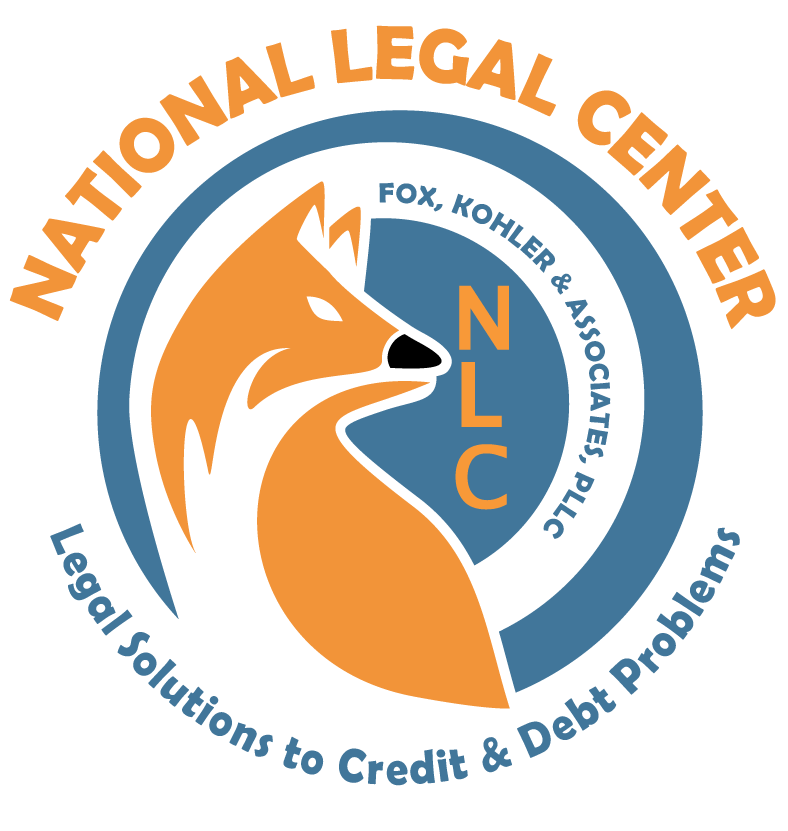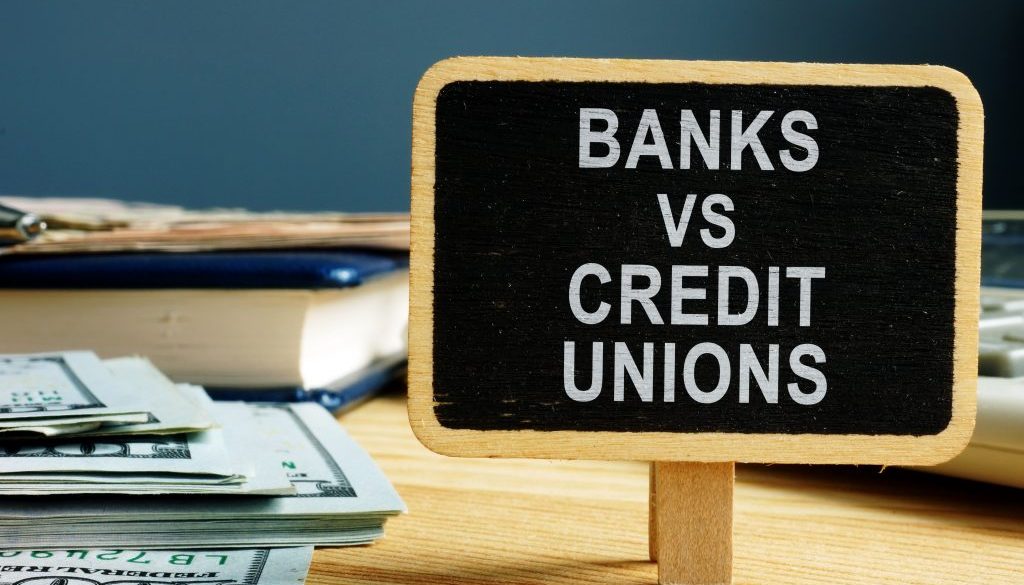Who, in this day and age, does not have a bank account? Well, when I first moved to the United States, I was appalled to learn that my future husband, in fact, did not. He had convinced his employer, a small, privately-owned auto parts salvage yard and recycler to cash out his check every week. Nevermind the fact that he would walk around for days at a time with a large wad of cash in his pocket, but when it came time to pay his bills, he would head to the customer service desk of the local supermarket / Western Union™, pay a fee and get money orders to throw in the mail to his creditors. Having had a bank account of my own for as long as I could remember, I thought this was insane. Eventually, I convinced him, that while that method of commerce might fly for a single guy, it certainly was not going to work for a newly married couple trying to begin a life together. Since I wasn’t working at the time, it fell to me, of course, to go and investigate the options, and because I was new to the neighborhood and thinking I had few resources, I sought out the easiest choice, the only bank with which I had become familiar – the one that had a branch in said local grocery store and another across the street from it. So, one afternoon, I popped into the branch (pre-Covid!) to discuss opening a checking account. As a permanent resident and non-citizen, you can imagine the hoops that I had to jump through at the time. While everyone must obviously provide the basics such as name, date of birth and proof of physical address, additionally I had to provide a Social Security number; an alien identification card number; and government-issued identification from the country of my nationality, and even though I had all these readily available, they seemed to breathe easier once my husband signed on as a co-applicant of the account. Naturally, it is not this challenging an endeavor for everyone, but in hindsight, I wish I had explored the wider variety of options available to us.
Clearly banks have stricter eligibility requirements when opening an account, but they’re not the only fish in the sea. Credit unions offer many of the same benefits as larger financial institutions and are a viable alternative to consider. Though most credit unions revolve around a particular community with a shared bond such as the industry in which you’re employed or the town where you live, becoming a customer of a credit union or “member” is usually not that complicated. The easiest way to join is to first check out ones nearest you and find out their terms of enrollment. A nominal fee equivalent to one par value share or a donation to a charity they support may be all that’s required to establish an account. Because members own and control the credit unions to which they belong, they also have more say in how they are managed, and as a result, the best interests of their clients come before profits. While banks are generally all about increasing their revenue, credit unions are non-profit and prioritize customer service and community presence above all else. To that end, they will offer better interest rates on savings accounts and provide lower rates for loans; keep fees to a minimum; conduct fundraisers and offer scholarships; and will team up with other credit unions to ensure that members get the most bang for their buck. Deposits to credit unions are also federally insured, much like they would be at a bank.
That’s not to say that banks are lacking in altruistic tendencies, especially in these unprecedented times. Many are currently undertaking efforts to provide more support to communities by way of extending more credit; waiving fees; deferring payments; and the like. While this may put banks in a more flattering light right now, there’s no guarantee once the pandemic is over, this generous spirit will remain. Even so, the strength of its character, or the lack thereof, should not be the sole determination in choosing a financial institution. Banks do have a significantly higher number and wider distribution of branches and automated teller machines, making them the more convenient choice, something to consider if you’ve got a move in your future or you travel frequently. Their online presence and technical services are also more extensive and up-to-date. Additionally, they can provide a broader range of product offerings that credit unions simply can’t, such as commercial accounts or investment services.
Take your time and consider your situation in particular, when choosing between a bank and a credit union. It’s also important to note that there’s nothing stopping you from opening accounts at both to meet all of your different financial needs. Do a little research online or if you prefer a more tangible approach, pop by branches of each in your neighborhood and ask the pertinent questions. Either way, you should be able to assess fairly quickly which option suits you best.




